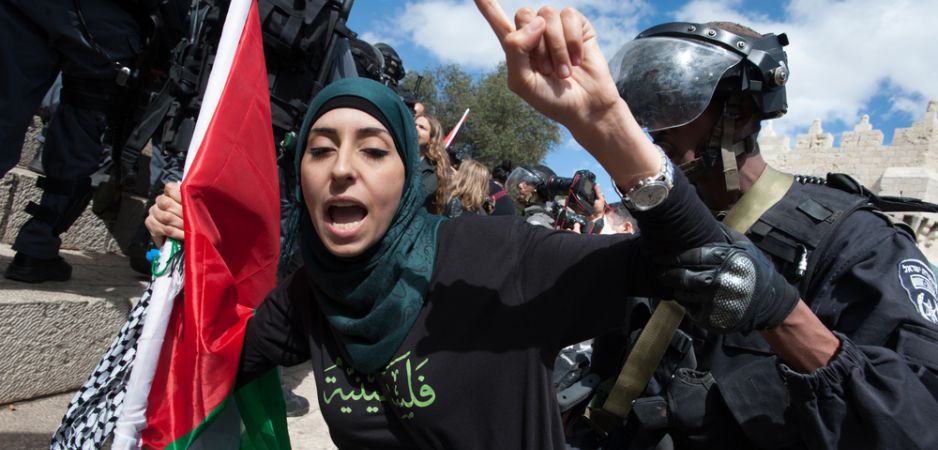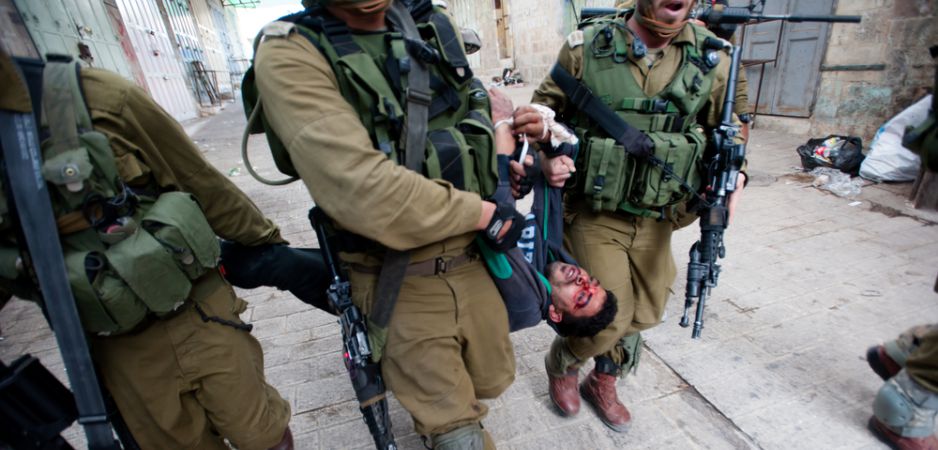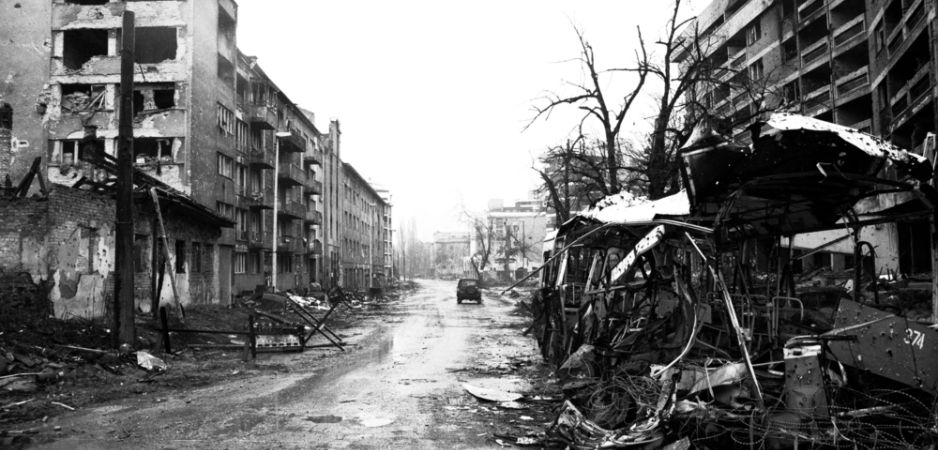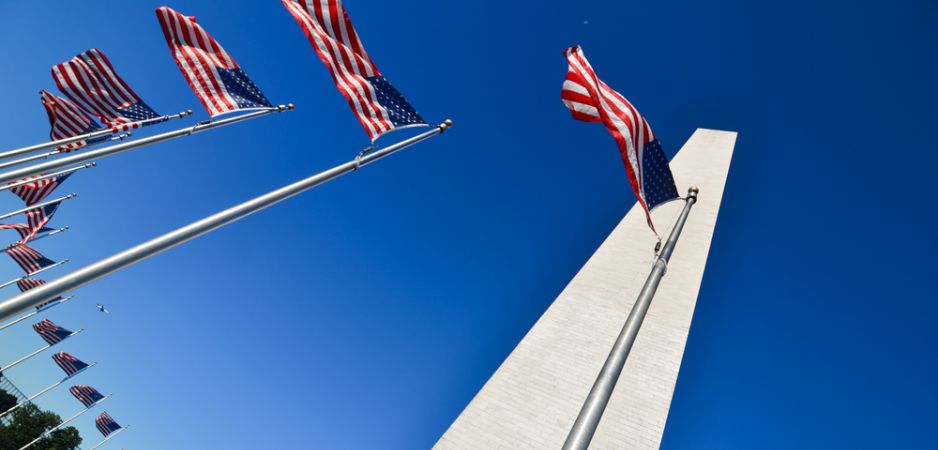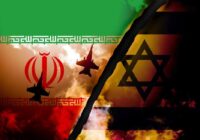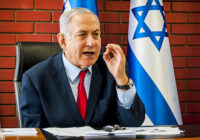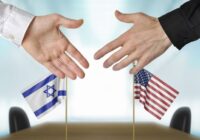In a week of much turmoil, Canadians voted for the son of a legendary prime minister because he is promising a more transparent, just and accountable society.
This week, Boko Haram carried out two bomb attacks in northeastern Nigeria. Syrian President Bashar al-Assad flew to Moscow to pay obeisance to his overlord, Tsar Putin. In Europe, tensions over race rose dramatically. Marine Le Pen, the French far-right leader, appeared in court to defend herself against charges of hate-speech for comparing Muslim street prayers to Nazi occupation. She used her court appearance to rail against Muslim asylum applicants who are flooding Europe this year. In Germany, the newly elected mayor of Cologne was stabbed in the neck during the final stages of her campaign but thankfully survived. In idyllic Sweden, a teacher and a student were not so lucky in an Americano-style school attack, when a far-right racist with a sword and a knife wreaked havoc in a traditionally peaceful community.
Interestingly, Hurricane Patricia became the strongest storm recorded in the Americas, but it pales in comparison to the storm that continues to rage in the Holy Land. In a spectacular attack, a Palestinian armed with a pistol and a knife killed an Israeli soldier at a bus station. The attacker then stole the soldier’s rifle and started shooting, wounding at least ten Israelis. Israeli police killed him and then mistakenly shot an Eritrean man they suspected to be an accomplice. An angry mob then proceeded to beat the wounded Eritrean who later died in hospital.
This incident sums up what is going on in Palestine. For years, Israeli settlers have been nibbling away at land owned by Palestinians. As this author has repeatedly pointed out, this defies international law. More worryingly, the Office of the United Nations High Commissioner for Human Rights (OHCHR) has recorded how settlers are inflicting violence on a disturbingly regular basis on Palestinians in the West Bank and East Jerusalem. While Palestinian attackers are conveniently labeled terrorists, Israeli settlers engage in wanton violence with absolute impunity.
Palestinians live in abject penury. Noam Chomsky, a legendary American intellectual who teaches at MIT, has called Gaza “the world’s largest open-air prison, where some 1.5 million people on a roughly 140-square-mile strip of land are subject to random terror and arbitrary punishment, with no purpose other than to humiliate and degrade.”
The West Bank is increasingly a prison too. Hemmed in by the West Bank separation barrier—a daunting mix of concrete walls, tall fences and elaborate watch towers—that was deemed illegal under international law in 2003, this so-called Palestinian territory is now parceled into Areas A, B and C. In 1998, The New York Times published a story about Israeli army bulldozers that were clearing the way for a road linking a Jewish settlement to a highway. In the process, they “uprooted fruit trees and flattened grapevines.” Today, a network of roads meant only for Israelis has appropriated even more land from Palestinians and left them in isolated pockmarked bantustans.
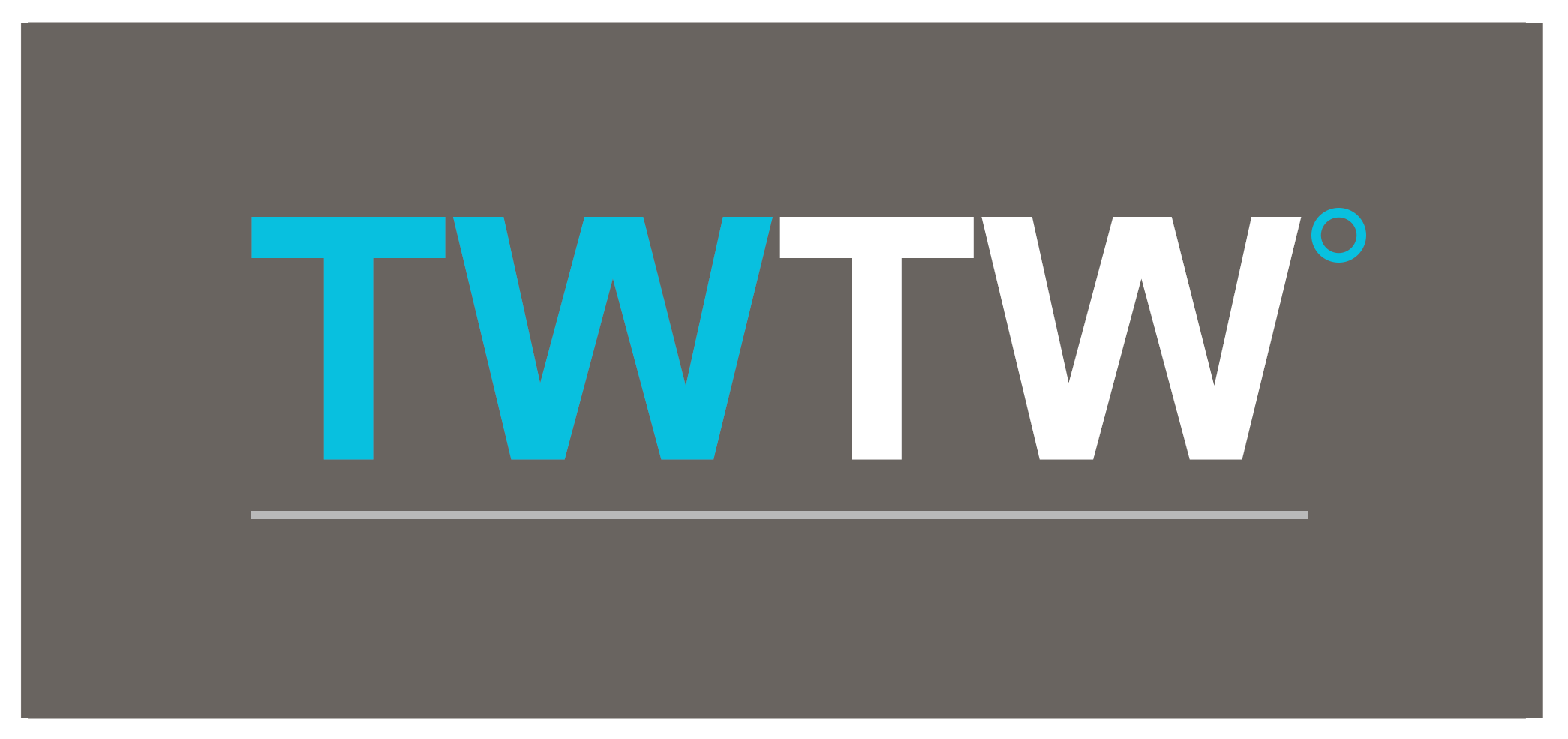 In 2010, Human Rights Watch published a damning 166-page report on Israeli policies in the West Bank titled, “Separate and Unequal: Israel’s Discriminatory Treatment of Palestinians in the Occupied Palestinian Territories.” It meticulously detailed “systematic discrimination merely because of their race, ethnicity, and national origin, depriving them of electricity, water, schools, and access to roads, while nearby Jewish settlers enjoy all of these state-provided benefits.”
In 2010, Human Rights Watch published a damning 166-page report on Israeli policies in the West Bank titled, “Separate and Unequal: Israel’s Discriminatory Treatment of Palestinians in the Occupied Palestinian Territories.” It meticulously detailed “systematic discrimination merely because of their race, ethnicity, and national origin, depriving them of electricity, water, schools, and access to roads, while nearby Jewish settlers enjoy all of these state-provided benefits.”
In the words of Raji Sourani, a noted human rights activist, Israel has carried out a policy of “systematic degradation, humiliation, isolation and fragmentation of the Palestinian people.”
Palestinians have lost hope and have nothing to live for. Years of simmering discontent against Jewish settlers and Israeli discrimination have now broken out in random acts of violence. This fuels Israeli paranoia and disproportionate reaction. The mob killing of the innocent Eritrean demonstrates how paranoia has gripped Israel. It is increasingly a fear-based society where Prime Minister Binyamin “Bibi” Netanyahu is acting like a pantomime villain.
Not content with glaring at delegates of the United Nations General Assembly for 45 seconds, Bibi has now gone on to claim that Adolf Hitler was only planning on expelling Jews from Europe, but “the Grand Mufti of Jerusalem, Haj Amin al-Husseini, told Hitler: Burn them.” Bibi is blaming Arab Palestinians for the sins of Nazi Germany to create a false narrative vilifying his victims.
Meanwhile, many in Gaza, East Jerusalem and the West Bank have drifted to extreme ideologies and desperate actions. In Gaza, the Islamic State is now throwing the gauntlet to Hamas. The West Bank is a powder keg that is waiting to explode, and the young men of East Jerusalem are committing random, disorganized and ineffectual acts of violence.
Even as turmoil continues in the rest of the world, peaceful Canada has ushered in a new Liberal government led by Justin Trudeau. Stephen Harper, the outgoing prime minister of nine years standing, was considered by many to be the George W. Bush of Canada. Harper’s power base lay in oil-rich Alberta, Canada’s Texas. Historically, Canada had been run by Laurentian elites based in the cities of Toronto, Ottawa and Montreal that lie in the St. Lawrence River watershed. Harper gatecrashed this cozy party and assumed power like an arriviste. He rolled back regulation, kept taxes low, ran balanced budgets and focused on growth.
Harper championed exploitation of Alberta’s oil sands, the third-largest proven crude oil reserves in the world after Saudi Arabia and Venezuela. Canadian Geographic called them “scar sands” because of the devastating environmental impact of oil extraction, but this did not deter Harper. Under him, Canada even withdrew from the Kyoto Protocol on climate change on the grounds that it did not make sense to be a part of a deal to which the US and China were not party to.
Harper brought in a level of media and message control that is largely associated with politics south of the Canadian border. He also pursued a muscular Americano foreign policy with strong support for Bibi and active Canadian military operations against the Islamic State. The outgoing prime minister did not have a favorable view of Muslim immigrants and was not too welcoming of refugees from the Middle East and North Africa. The “Zero Tolerance for Barbaric Cultural Practices Act” was clearly dog-whistle politics for Canadians suffering from Islamophobia.
Eventually, Harper suffered from the fall of oil prices. The Canadian economy that relies on energy exports is now in recession. Canadians hold Harper responsible and have voted for the good looking son of Pierre Trudeau, a legendary former prime minister. The young Trudeau is promising moderate deficits and investment in infrastructure. He is embracing Keynesian policies that have long been out of fashion in North America where even US Democrats “doth protest too much” about being fiscally responsible. Now, they might draw lessons from the young Trudeau’s campaign and victory.
Trudeau is also promising to admit more Syrian refugees, legalize marijuana and scale back Canada’s efforts in the US-led fight against the Islamic State. Canada has voted with hope for change and Trudeau could do well to remember the pitfalls of Bill Clinton or Tony Blair. Power can be a poisoned chalice and it is up to the “pretty boy” to become the man that he claims to want to be.
*[You can receive “The World This Week” directly in your inbox by subscribing to our mailing list. Simply visit Fair Observer and enter your email address in the space provided. Meanwhile, please find below five of our finest articles for the week.]
The Untold Story of Israel’s Soft Oppression
Israeli forces target youth with provocative acts designed to trigger violence, in order to gain legitimacy in occupying more Palestinian territory.
On October 4, Fadi Aloon, 19, was chased by orthodox Jews. While offering no resistance, he was shot dead by an Israeli police officer just outside East Jerusalem. Police later revealed he stabbed a Jewish teenager.
The incident rocked an already tense moment in the Israeli-Palestinian conflict, with each side arguing over the legitimacy or disproportionate response of the Israeli officer. (A video subsequently surfaced in what appears to be a public execution.)
This dramatic episode reveals the complexity of everyday life in the Israeli-occupied West Bank and East Jerusalem. Moreover, given the emotional reactions it created on both sides, many observers have sought to understand what led Aloon to commit this seemingly impetuous act.
While grieving Palestinians now refer to him as a hero fighting the occupation, Israelis say the 19-year-old only serves as further proof of Palestinian terrorism. Once detached from those extremes, a deeper explanation… Read more
America Will Not Win the War
Regardless of what can be said about the Taliban, IS, al-Qaeda and the rest, they are fighting for an ideology they deeply believe in, says Larry Beck.
Trying to figure out the battlefield conditions in Afghanistan, Iraq and Syria is a truly perplexing task. Being perplexed may be the one thing that I share with the great thinkers at the US Defense Department and on President Barack Obama’s crack national security team. So, I have been working on this a bit and believe that I have some insight that might be helpful in arriving at a strategy to win whatever it is America wants to win and overcome what seem to be continued odds stacked against us in this endeavor.
The first thing that seems to be seriously missing from ongoing analysis is how the United States and its lame-ass “coalition” partners can continuously choose the wrong team to support. Our teams always need US military support, US arms, US training, US assistance, US soldiers and US strategic guidance… Read more
How Not to Deal With Extremism in Britain
The UK government wants to get tough on fighting extremism, but will the extended approach help or is it a form of McCarthyism?
The British government has announced a raft of measures to help fight the war against extremism. It is part of a revised counterterrorism and counter-extremism strategy that aims to eliminate radicalization, extremism and detrimental political views held by members of the public and individuals working in schools, trusts, society organizations, the civil service and in society at large.
In the aftermath of the London bombings of July 2005, extremism was not seen as a problem per se. Rather, its vicious counterpart, the idea of violent extremism, was the greater threat. However, the Conservative government has upheld a dominant perspective that regards violent extremism as the end result of extremism itself—the conveyor-belt theory of radicalization.
This theory has been found lacking, yet it is still espoused by many in political authority. For the Conservative Party, no more can the promotion of “values” be regarded as the solution… Read more
Russia Lurks in the Background as Dayton Dies
An upcoming referendum threatens the unity of the Dayton Accords on the 20th anniversary.
Dayton was “a superb agreement to end a war but a very bad agreement to make a state.” This is how former High Representative to Bosnia Paddy Ashdown described the Dayton Accords that brought peace to Bosnia in 1995.
It is a sentiment with which many would agree and a situation that Milorad Dodik, president of Republika Srpska (RS) and Dayton’s biggest critic, is seeking to change through a referendum. This threatens to set RS and the West on a collision course, with Russia, as ever, lurking in the background, looking to pick up the pieces and ruffle more feathers on the borders of the European Union.
The 1991 breakup of Yugoslavia resulted in Europe’s worst conflict since World War II in Bosnia and Herzegovina due to the competing territorial claims of its Orthodox Christian Serb, Muslim Bosniak and Catholic Croat populations. Serbian atrocities in Srebrenica and Markale, which precipitated the joint United Nations-NATO intervention… Read more
Honoring the Legacy of Benghazi’s Fallen Heroes
The Republicans fail to see the values that Ambassador Chris Stevens upheld, instead choosing to use the congressional hearing for political purposes.
As a friend of the late Chris Stevens in the 1990s, I spent time with him as he transitioned from corporate law to the US State Department. Like so many others, I have been inspired by his exemplary values, which are largely absent from the current political process. Below is my perspective on Chris’ values and priorities.
Over the past three years, I’ve seen politicians like John McCain and Mitt Romney try to ally themselves with the four Americans slain in the Benghazi attack of 2012. I’ve seen fake images of Chris and a 60 Minutes segment based on a source that was entirely discredited.
I’ve observed an unrelenting focus—and increasingly State Department hyperfocus—on the Benghazi attacks through the House hearings, now acknowledged as targeting Hillary Clinton. This has reached fever pitch with a Stop Hillary PAC attack ad that used images and what appeared… Read more
The views expressed in this article are the author’s own and do not necessarily reflect Fair Observer’s editorial policy.
Photo Credit: Ryan Rodrick Beiler / Shutterstock.com
 We bring you perspectives from around the world. Help us to inform and educate. Your donation is tax-deductible. Join over 400 people to become a donor or you could choose to be a sponsor.
We bring you perspectives from around the world. Help us to inform and educate. Your donation is tax-deductible. Join over 400 people to become a donor or you could choose to be a sponsor.
Support Fair Observer
We rely on your support for our independence, diversity and quality.
For more than 10 years, Fair Observer has been free, fair and independent. No billionaire owns us, no advertisers control us. We are a reader-supported nonprofit. Unlike many other publications, we keep our content free for readers regardless of where they live or whether they can afford to pay. We have no paywalls and no ads.
In the post-truth era of fake news, echo chambers and filter bubbles, we publish a plurality of perspectives from around the world. Anyone can publish with us, but everyone goes through a rigorous editorial process. So, you get fact-checked, well-reasoned content instead of noise.
We publish 2,500+ voices from 90+ countries. We also conduct education and training programs
on subjects ranging from digital media and journalism to writing and critical thinking. This
doesn’t come cheap. Servers, editors, trainers and web developers cost
money.
Please consider supporting us on a regular basis as a recurring donor or a
sustaining member.
Will you support FO’s journalism?
We rely on your support for our independence, diversity and quality.


